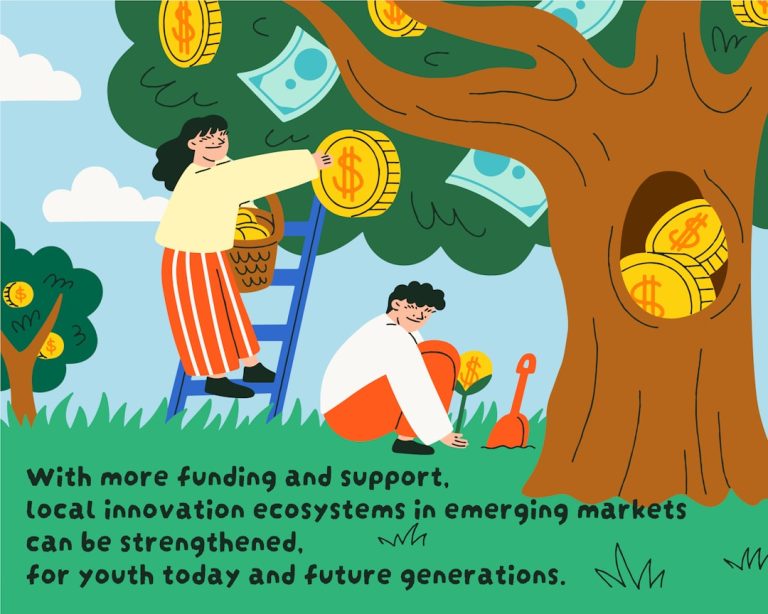Discover the Berkus Method for valuing early-stage investments and learn how to effectively price your startup for investors.
Understanding the Berkus Method
Valuing early-stage startups presents a unique challenge for both entrepreneurs and investors. Traditional valuation methods often rely heavily on projected revenues and profits, which can be unreliable given that most startups do not meet their financial forecasts. The Berkus Method, developed by Dave Berkus, offers a pragmatic and flexible framework to assess the value of pre-revenue companies by evaluating critical qualitative factors instead of just financial projections.
What is the Berkus Method?
The Berkus Method is a systematic approach to valuing early-stage startups by assigning value to essential elements of the business. This method is particularly useful for pre-revenue companies, providing a clearer picture of a startup’s potential without solely depending on financial metrics. By focusing on foundational aspects such as the idea, prototype, team, strategic relationships, and product rollout, the Berkus Method helps investors make informed decisions based on tangible progress and prospects.
Components of the Berkus Method
Dave Berkus identified five key elements that contribute to the valuation of an early-stage startup. Each element can add up to a specified maximum value, culminating in the total valuation of the company.
1. Sound Idea
Value: Up to $500,000
A viable and innovative idea forms the cornerstone of any successful startup. This component assesses the uniqueness and potential impact of the business concept.
2. Prototype
Value: Up to $500,000
Developing a prototype reduces technology risk by demonstrating that the idea is feasible and can be translated into a tangible product or service.
3. Quality Management Team
Value: Up to $500,000
A strong, experienced management team enhances execution capability, significantly lowering the execution risk associated with bringing the product to market.
4. Strategic Relationships
Value: Up to $500,000
Establishing strategic partnerships can mitigate market risk by providing access to resources, networks, and expertise essential for growth.
5. Product Rollout or Sales
Value: Up to $500,000
Achieving initial product rollout or generating early sales diminishes production risk, showcasing the startup’s ability to attract customers and generate revenue.
How to Apply the Berkus Method
Applying the Berkus Method involves evaluating each of the five elements and assigning a value based on the startup’s progress and potential in each area. The total valuation is the sum of the values assigned to each element.
Step-by-Step Application:
- Assess Each Element: Evaluate the presence and strength of each of the five key elements.
- Assign Values: Allocate up to $500,000 for each element based on the level of achievement and potential.
- Calculate Total Valuation: Sum the values of all applicable elements to determine the startup’s pre-money valuation.
Example:
– Sound Idea: $400,000
– Prototype: $300,000
– Quality Management Team: $450,000
– Strategic Relationships: $200,000
– Product Rollout or Sales: $350,000
Total Valuation: $1,700,000
Advantages of the Berkus Method
- Simplicity: Easy to understand and apply without the need for complex financial models.
- Flexibility: Can be adapted based on geographic location and industry-specific factors.
- Focus on Fundamentals: Emphasizes critical non-financial aspects that contribute to a startup’s success.
Limitations of the Berkus Method
- Subjectivity: Assigning values to each element can be subjective and may vary between investors.
- Ignores Financials: Does not consider financial performance, which can be a crucial indicator of a startup’s viability.
- Static Framework: May not fully capture dynamic market conditions or changes in the business environment.
The Berkus Method in Practice
Feedback from entrepreneurs using the Berkus Method highlights its practical application in real-world scenarios. For instance, startups have leveraged this method to present their valuations more transparently to potential investors, ensuring that each critical aspect of their business is adequately recognized and valued.
“The Berkus Method is an excellent methodology, thank you. I wonder if you have revised the numbers in the six years since first publishing it?”
— David Roberts
Integrating the Berkus Method with Oriel IPO’s Services
Oriel IPO, an innovative online investment marketplace in the UK, facilitates connections between startups and investors through SEIS/EIS tax incentives. By adopting the Berkus Method, Oriel IPO can enhance its valuation process for early-stage startups, providing a reliable and standardized approach that aligns with their mission to democratize investment opportunities. This integration ensures that both entrepreneurs and investors have a clear and consistent framework for assessing startup value, fostering trust and informed decision-making.
Conclusion
The Berkus Method offers a robust framework for valuing early-stage investments by focusing on essential qualitative factors. Its simplicity and flexibility make it an invaluable tool for startups and investors navigating the uncertainties of the early stages of business development. By adopting this method, platforms like Oriel IPO can further empower entrepreneurs to present their ventures compellingly and transparently, ultimately fostering a stronger investment ecosystem.
Ready to valuate your startup using the Berkus Method? Get started with Oriel IPO today!



